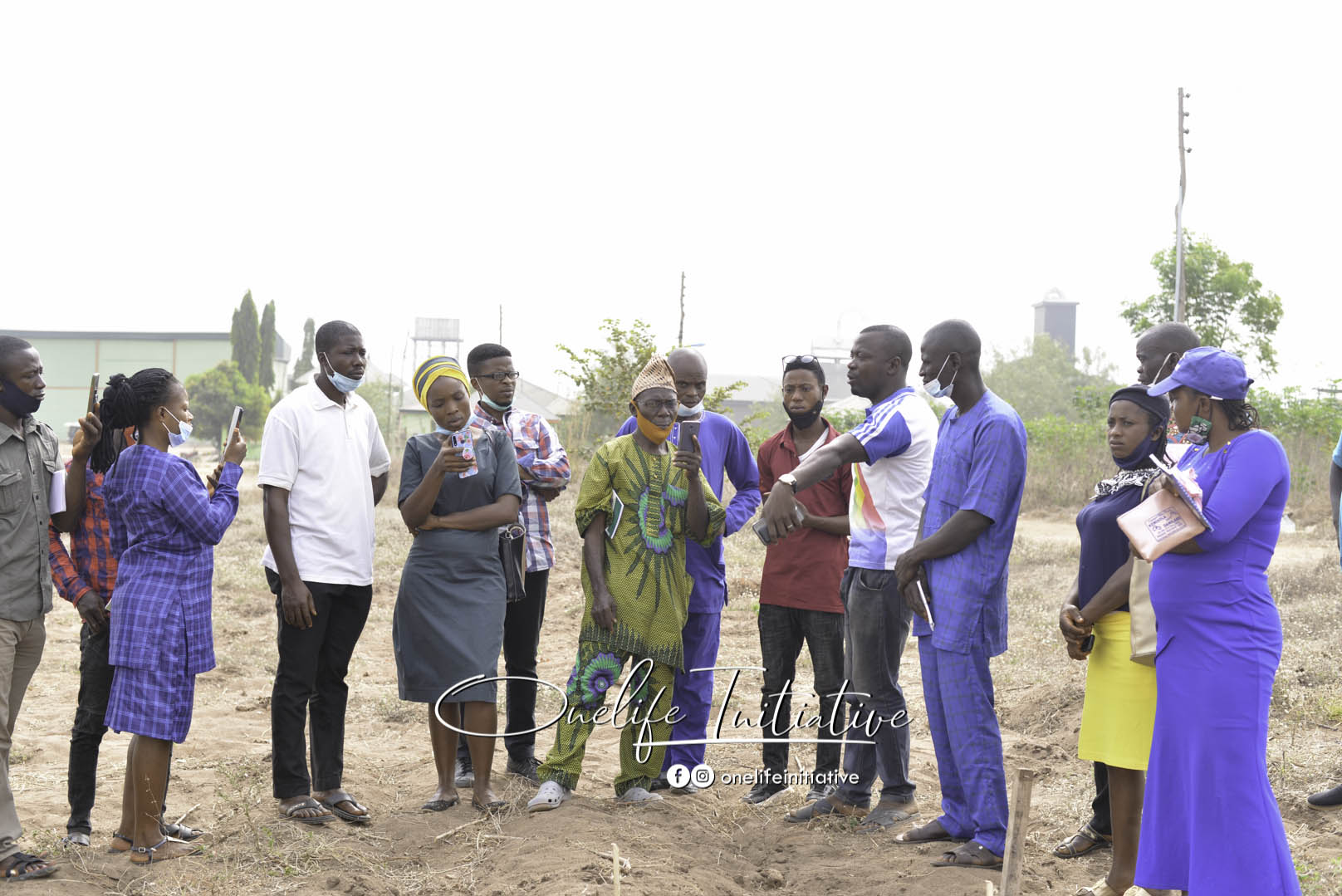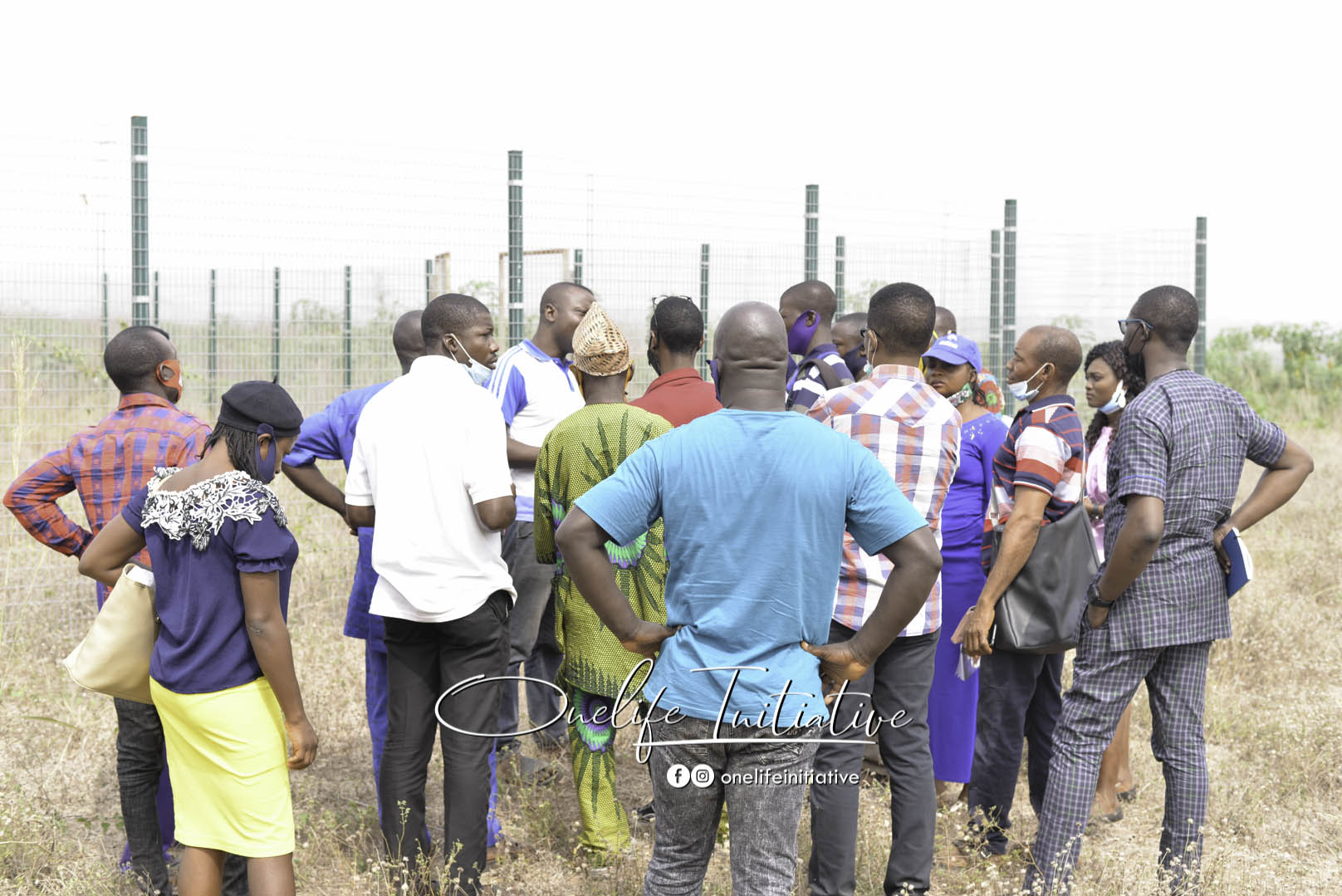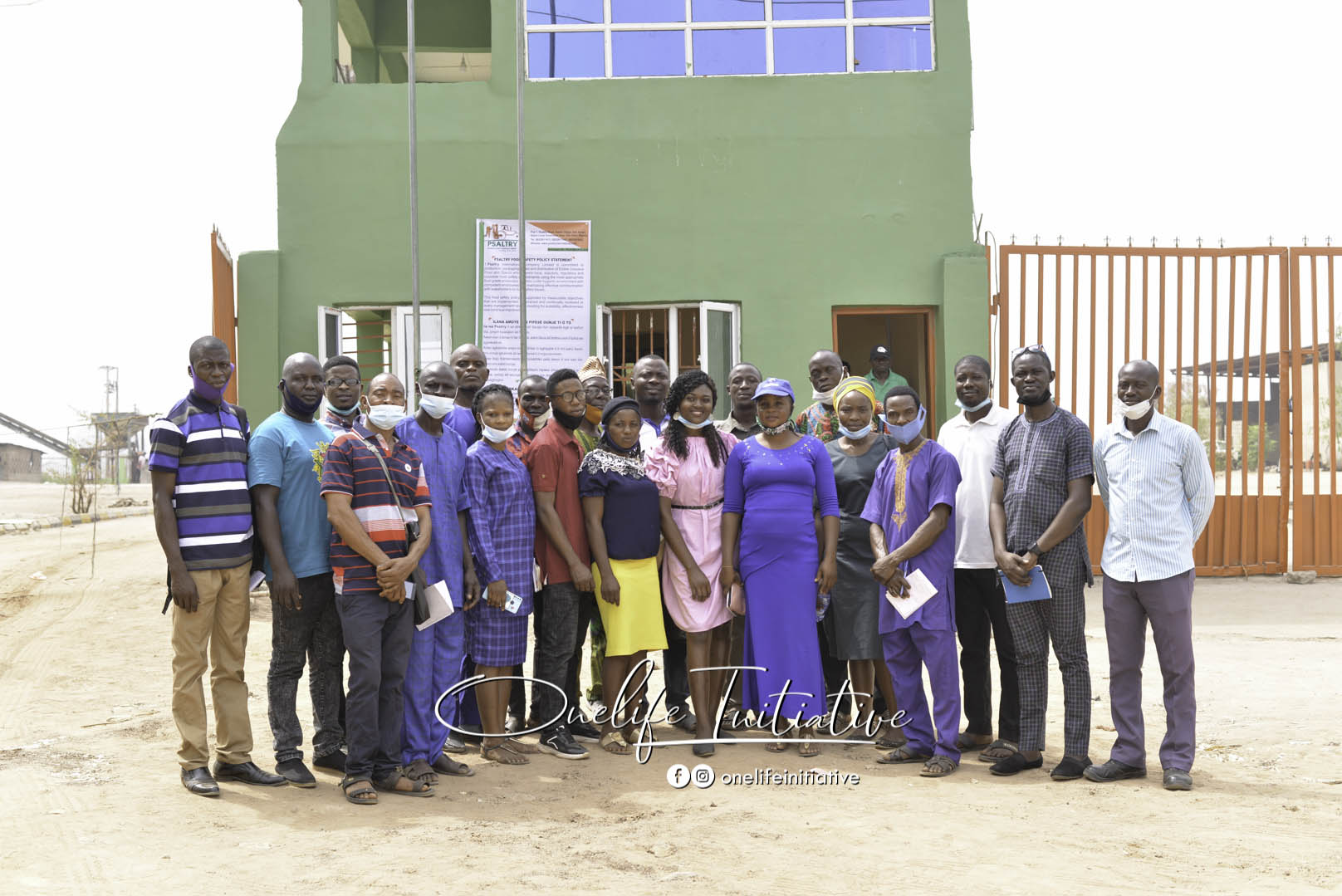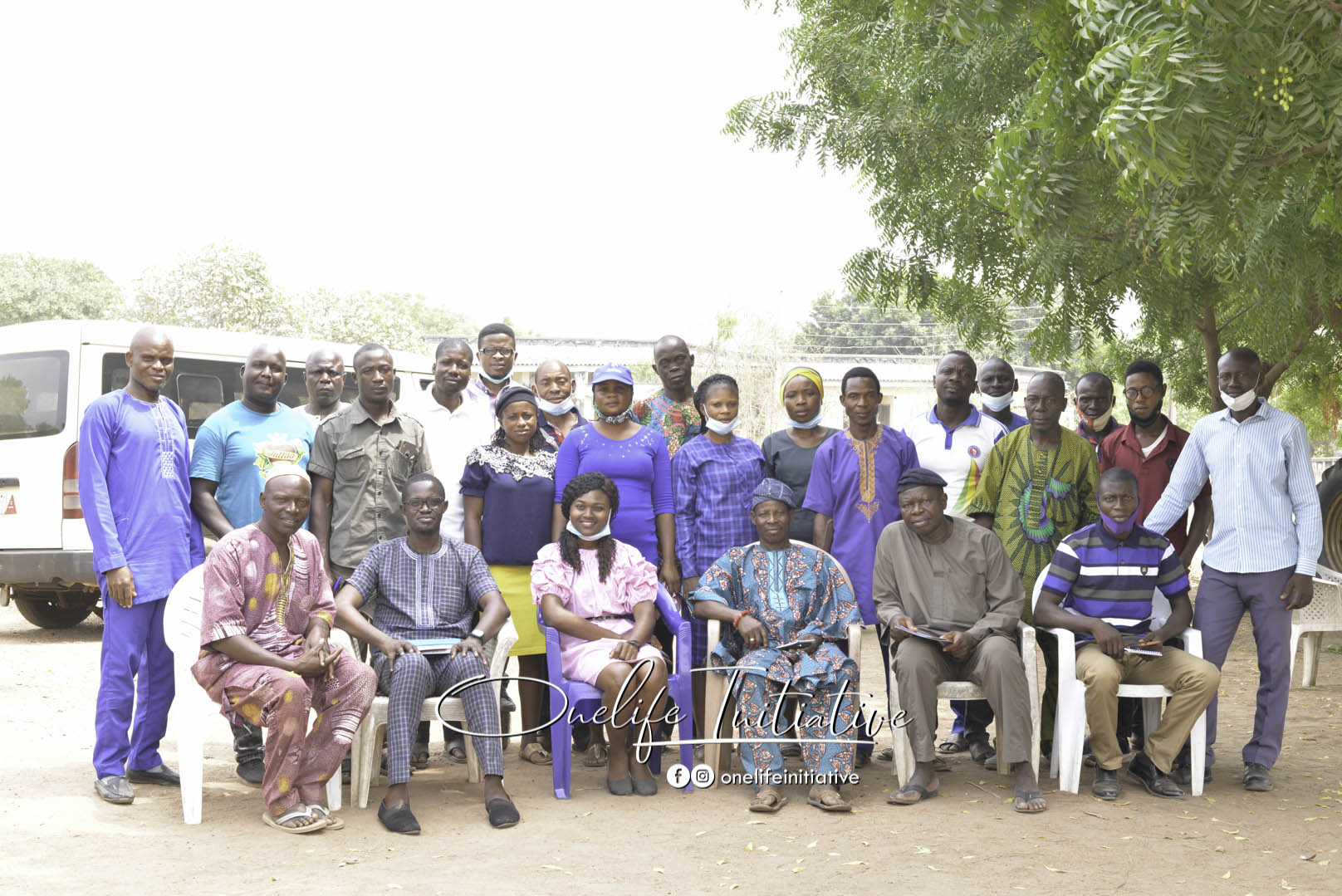Representatives of over 3,900 smallholder farmers groups visited Ado Awaye, Oyo state last week for a learning visit to a group of successful cassava outgrowers and also to Psaltry International Company Limited — an agro-allied cassava processing company.
The team was led to the company by the business support service coordinator from Onelife Initiative for Human Development, ‘Sola Fagorusi, who explained that this unusual approach to farmers’ agribusiness education was designed to allow the 18 representatives from Ekiti state to see first-hand how the cassava value chain has been developed through strong linkage to the market and other value chain actors courtesy of the ‘Towards Sustainable Clusters in Agribusiness through Learning in Entrepreneurship’ (2SCALE) project. It was also to allow the farmers see how agribusiness has transformed the fortunes of Ado Awaye — a town hosting one of the two suspended lakes in the world.
The visit to the 35,000MT capacity factory with over 350 staff and cassava-based products like starch, flour, sorbitol and glucose is part of activities on the cassava partnership designed to grow the cassava market and value chain in Ekiti state.
According to Maxwell Olitsa, the country team leader for the 2SCALE project, “the idea is to replicate the success we have in Oyo state in Ekiti state. The cassava derivatives market is too import-dependent. Over 90% of starch used in Nigeria by various manufacturers are imported and yet this is the country with the highest metric tonnes of cassava produced. We need to double current production in Ekiti. We need to ensure that Promise Point, our business champion in Ekiti state never lacks cassava roots for processing while farmers also never lack market, and this has to be sustainable in an inclusive way that benefits all the value chain actors. It’s a rough pathway but we’ll get there with the activities we have lined up till 2023.”
Advertisement

The learning visit started with an address by Yemisi Iranloye, the founder and managing director of Psaltry International Company Limited. She gave an introductory remark of how 2SCALE expanded the production scale of the 15-year-old factory by introducing smallholder farmers and other cluster actors into cassava production. That effort is still sustained by the company.
The visitors were then taken on a tour of the facility starting with the laboratory where new varieties of cassava plantlets are being cultivated for three weeks before they are ready for field transplants.
Advertisement
From there, the team moved to the weather forecast section where forecasts of rain and other weather conditions are read and used to plan the planting period. The information obtained here is then shared with the farmers’ group for their planning. The next point was the weighing bridge and starch content analyser point of the factory. It is at this location that price decisions are made based on what the farmer has brought. A tour of the various processing plants was then done allowing basic insights into how starch, flour, sorbitol and other products are produced by the factory.

The learning visit ended with a visit to the group of cassava farmers under the aegis of Psaltry Outgrowers Association. The team was received by Nasiru Oladokun and other excos of the apex farmers organisation. According to him, “when 2SCALE came here, we disagreed a lot with them, they wanted to know how many stands of cassava we had on our farms. We thought that was unnecessary. We also thought our lands were fertile until we saw what was possible with fertiliser application to our cassava farm. We will forever be grateful to 2SCALE. Today we have strong linkages with FCMB and even with the Central Bank of Nigeria. We got the federal government Anchor Borrowers loan of N130 million simply because of how 2SCALE organised us.”
The cassava farmers representative from Omuo, Ilasa, Itapa, Ikole, Itapaji, Esure, Iropora, Ode and Odo-Ayedun could not hide their excitement as they expressed a better understanding of the inherent benefits in the project and had a clear message to take home to their colleagues in Ekiti where Promise Point needs over 240 metric tonnes of cassava roots on a daily basis.
Advertisement

Add a comment






